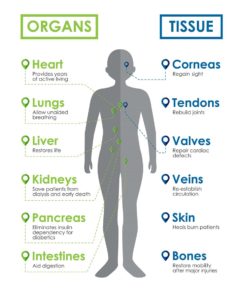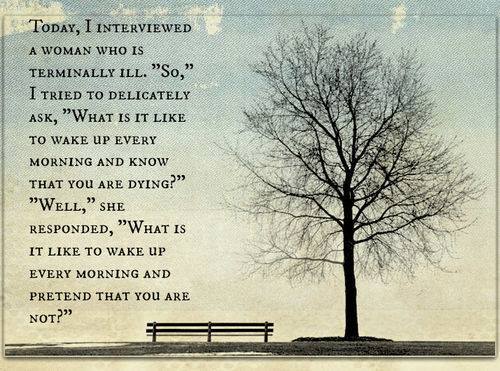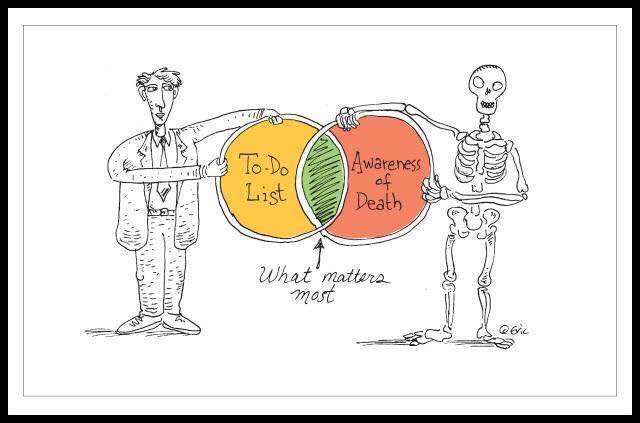
Here is a thing to consider… you in diapers again. When people are contemplating their end-of-life plans (and there aren’t enough of you doing that) a common marker is whether you can manage to take yourself to the bathroom or not. Sometimes folks say when the day comes that they can’t manage their own ablutions, they will sign out. However, when that day comes, they usually don’t choose to check out.
So adult diapers, good that someone thought of that. For a variety of reasons adults need this product for more flexibility in their lives. Most of us will end up using adult diapers. After we go through rejecting, secrecy, humiliation, adjusting, surrendering, may we find adapting, ease and gratitude. Maybe give you and diapers some thought. Oh, and please consider the eco-friendly reusable types. Mother earth doesn’t need her rich soil full of diapers…. Better off to poo directly into the garden.
Many things from the start of life years visit us again in the end of life years. Vulnerability is warriorship.



